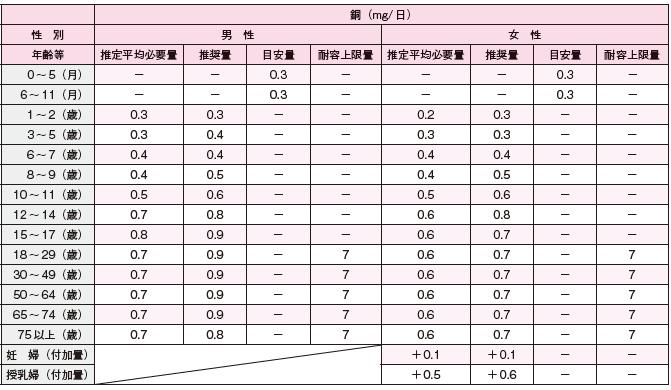How many items should I eat a day to meet the recommended amount of protein? : Kyoto Kameoka Research
Data have been reported suggesting that it is advisable for the elderly to eat at least 20 items a day in order to meet the recommended protein intake.
The research results were published as a letter in the February issue of "Geriatrics & Gerontology International" by Dr. Daiki Watanabe of the National Institutes of Biomedical Innovation, Health and Nutrition.
Muscle mass and strength begin to decline after the age of 30, and the effects become more pronounced in older people, increasing the risk of needing care due to sarcopenia and frailty syndrome in some people.
On the other hand, it has been reported from a meta-analysis that there is a dose-response relationship between protein intake and lean body mass (weight of muscles and bones), and it is important for elderly people to take a good amount of protein. Be done.
The latest version (2020 version) of the "Japanese Dietary Intake Standards" established by the Ministry of Health, Labor and Welfare every five years as a guideline for protein intake recommends 60 g / day for men and 50 g / day for women for the elderly. Shows the amount.
On the other hand, it has been reported as a result of a study of Japanese subjects that the older people with higher dietary diversity are associated with higher physical abilities.
Therefore, in order to secure protein intake, it is considered advantageous to have a large number of meals. However, the cut-off value of how many meals a day should be taken to meet the recommended amount of "Japanese dietary intake standards" is unknown. Watanabe et al. Conducted the following studies in order to clarify this cutoff value.
The data from the "Kyoto Kameoka Study" conducted in Kameoka City, Kyoto Prefecture was used for the study. The Kyoto Kameoka study is a prospective cohort study that started in 2011 with the aim of promoting and verifying long-term care prevention.

In this study, we analyzed 143 elderly people (65 women and 78 men) aged 65 to 88 years, for whom data from 7-day dietary records from May to June 2012 were available.
The average age (standard deviation) was 73.2 (5.3) years and the BMI was 22.8 (3.2) kg / m2. The number of foods was calculated based on the evaluation method used in the 2013 National Health and Nutrition Survey.
From the dietary record, the average energy intake (standard deviation) of the subject was 1,943 (301) kcal / day, the number of daily intake items was 23.1 (7.3) items, and the daily intake protein mass was 73.6 (12.7). It was g / day.
13.4% of women and 18.1% of men did not meet the above recommended protein intake.
As a result of ROC analysis, it was found that the cut-off value of the number of foods to meet the recommended protein intake is 20 items for both women and men (sensitivity 60.9% for women, specificity 67.2%, sensitivity 63.4% for men). , Specificity 71.0%).
The ROC AUC was calculated to be 0.702 for women (95% confidence interval 0.631 to 0.774) and 0.738 for men (0.686 to 0.789). It was also found that increasing the number of foods by one increases the daily protein intake by 2.4 g (1.5 to 3.2) for women and 2.2 g (1.5 to 2.9) for men.
In 1985, the Ministry of Health, Labor and Welfare (currently the Ministry of Health, Labor and Welfare) published the "Dietary Guidelines for Health Promotion", which recommended that 30 items be taken daily for a well-balanced diet.
However, due to insufficient evidence for this value, this recommendation was removed in the revised 2000 edition and continues to this day.
The American Heart Association has also shown that dietary diversity with different food numbers may not be an effective strategy for obesity prevention, as it may be associated with weight gain and obesity in adults. On the other hand, this study showed that 20 items per day can be used as a guideline for protein intake.
The authors say, "In older people who have more lean problems than obesity, food diversity may help them gain weight and ensure their protein intake. 7 items per meal. Eating three meals a day may help prevent sarcopenia and frailty in the elderly. " (HealthDay News February 28, 2022)
Abstract / Full Text https://onlinelibrary.wiley.com/doi/10.1111/ggi.14345
Copyright © 2022 HealthDay. All rights reserved.
Configuration / DIME editorial department
